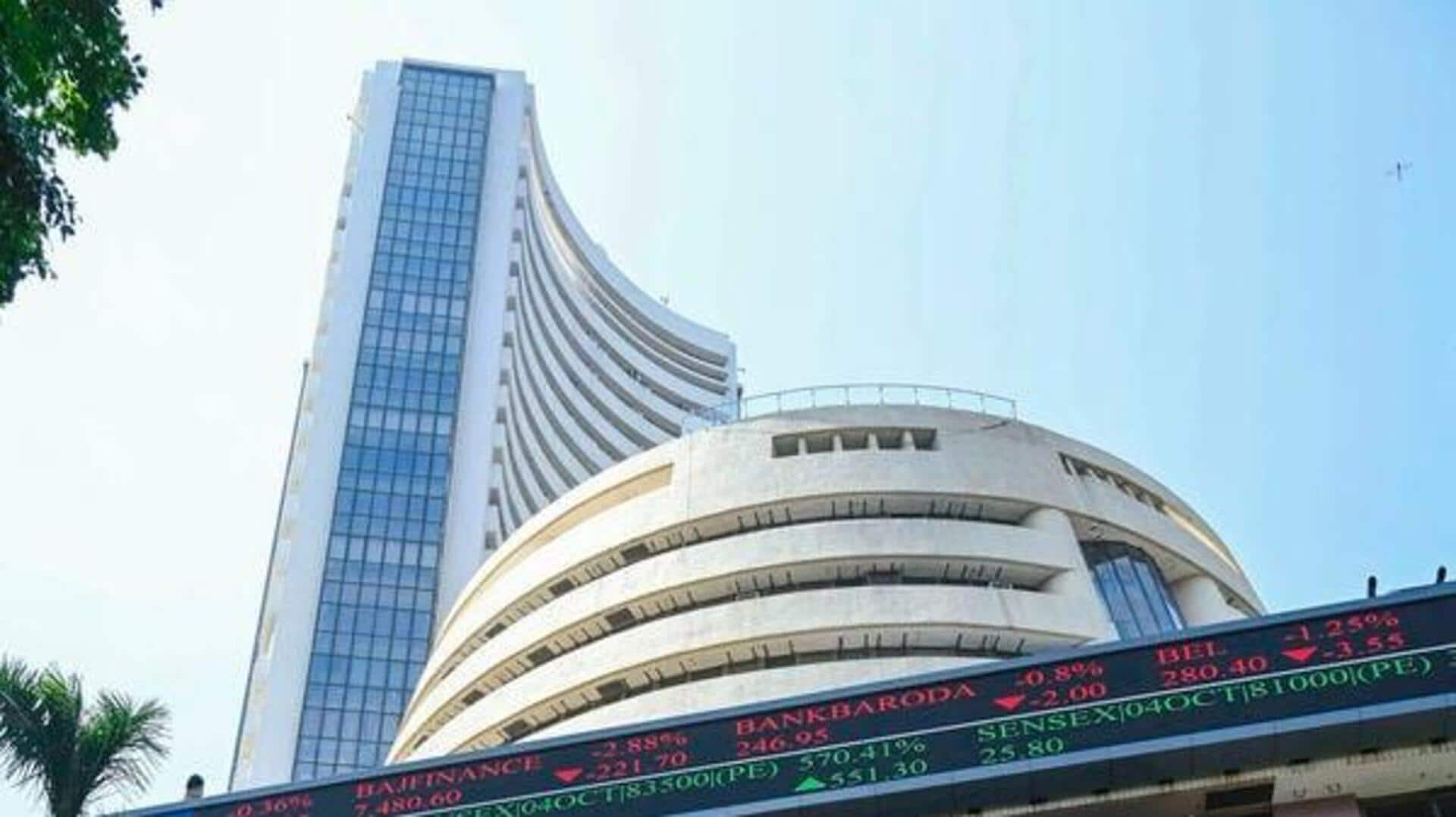
Why Indian stock market is unfazed by Delhi terror attack
What's the story
The recent car explosion near Delhi's Red Fort has raised concerns over national security. However, the Indian stock market remains unaffected by the incident, similar to its response to past events like the Pahalgam attack on April 22, where the Nifty rose 0.6% and remained stable until a ceasefire on May 10. This historical pattern suggests that investors are not overly concerned about terrorism-related events when making investment decisions.
Market behavior
Historical resilience of Indian stock market
The Indian stock market has shown resilience in the face of past conflicts, including Kargil and Balakot. The Nifty's average drawdown during these events has been less than 5%. This suggests that investors have learned to separate sentiment from fundamentals when it comes to wars and attacks. This pattern is not unique to India but has been observed globally as well.
Earnings impact
Earnings season update
The ongoing earnings season has exceeded expectations, with upgrades outnumbering downgrades. So far, 27 Nifty companies have posted year-on-year growth of 9% in sales, 8% in EBITDA, and 5% in both profit before and after tax. These results beat estimates of 7% for sales, 8% for EBITDA, and 6% for PAT, respectively. Analysts believe that earnings cuts have moderated and the cycle seems to be bottoming out with double-digit growth expected next year.
Market stability
Domestic mutual fund inflows cushion equities
Domestic mutual funds are witnessing strong inflows, which helps cushion equities against market volatility. Foreign Portfolio Investors (FPIs) have also reduced their selling pressure on markets and are now buying selectively. India's valuation premium against emerging markets is in line with long-term averages, making it less expensive than in the last couple of years.
External influences
Global factors at play
On a global scale, the easing of trade friction and stable oil prices amid geopolitical tensions have contributed to a favorable environment for exports and capital flows. This further explains why the Indian stock market has remained largely unaffected by recent events. The current conditions are more supportive of markets due to earnings growth and liquidity, which offer technical comfort.